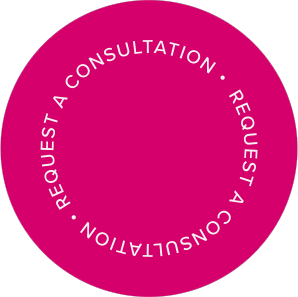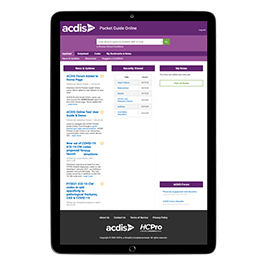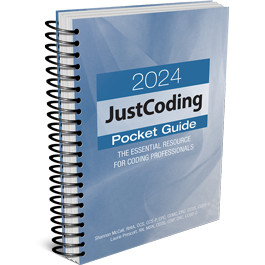settings
Hospitals
Nationwide, hospitals struggle to keep up with current regulatory and reimbursement mandates, such as HIPAA, CMS Hospital Conditions of Participation, as well as Joint Commission and other accreditation standards to remain compliant. Arm yourself with timely regulatory coverage, easy-to-understand interpretive guidance, and compliance strategies through HCPro solutions. We staff the nation’s leading experts to develop the right solutions to help your hospital remain in compliance with the latest standards and improve its financial health.

Medical practices
The average medical practice collects less than 71% of the revenue to which it’s entitled for services rendered. That’s because there are so many opportunities within your revenue cycle to lose your chance to lock in full payment. HCPro's post-acute division DecisionHealth will be your trusted partner to close those gaps. From prior authorizations through claims coding and billing to the final collection of your fees, we keep you up-to-date on regulatory changes and private payer policies so that you’re never caught off guard.

Home health agencies
Many post-acute care providers are feeling the pinch as denials are on the rise and the enforcement of compliance regulations increases. We have helped tens of thousands of home health agencies, hospices and skilled nursing facilities collect a far higher percentage of the dollars they deserve. From intake to proper coding of claims through claims submission to the final collection of your payment, our resources give you the best strategies and processes to optimize revenue cycle management.
topics
Executive
Leadership
An extensive and integrated series of leadership publications, products, research, and events devoted to the business of healthcare.

Clinical
Documentation Integrity
Comprehensive CDI solutions that help ensure compliance , promote quality, and ensure appropriate and timely reimbursement.

Medical Coding
Up-to-date code and guidance information to support accurate and timely claims to prevent payment delays and denials that could interrupt your revenue cycle.

Medicare
Compliance
The latest Medicare regulatory updates so that you can strategically implement changes, stay compliant, and ensure appropriate reimbursement.

Revenue Cycle Management
Revenue cycle management solutions that enable hospitals and health systems to track patient care from admission to discharge.

testimonials

Coverage of the final 2024 Medicare physician fee schedule
Discover vital updates and changes for 2024 Payment cuts hit medical groups in 2024 as part of a wide-rang...

All Access Coding eLearning Catalog
For Coding Professionals across all medical settings Our award-winning content from HCPro offers some of t...

All Access Medicare eLearning Catalog
Empower your team of Clinicians, Compliance, Revenue Integrity and Billing Professionals. Our award-winnin...









